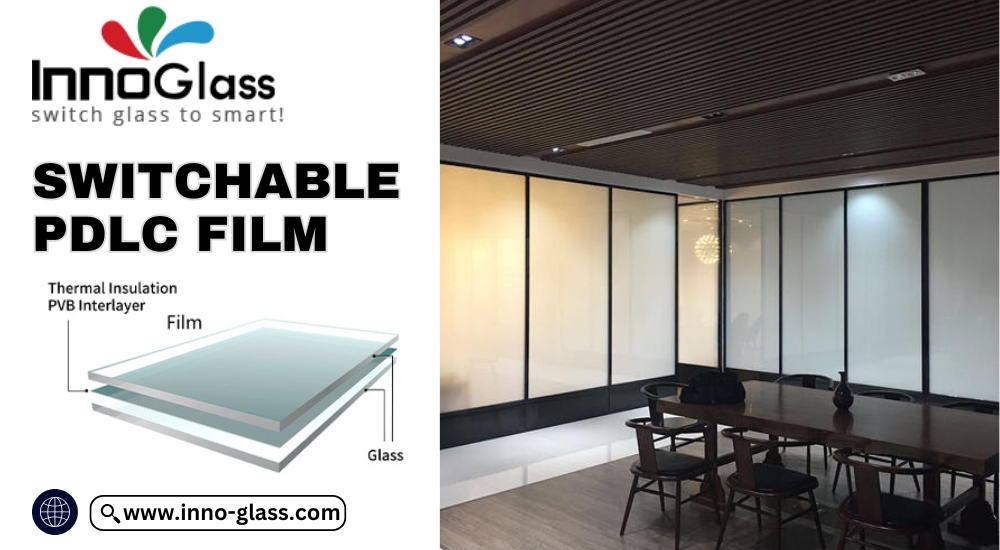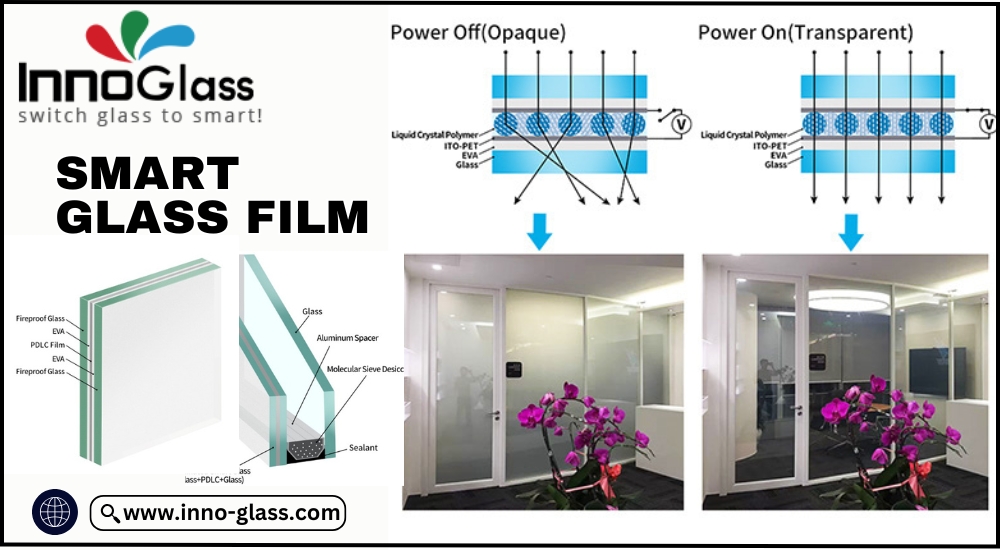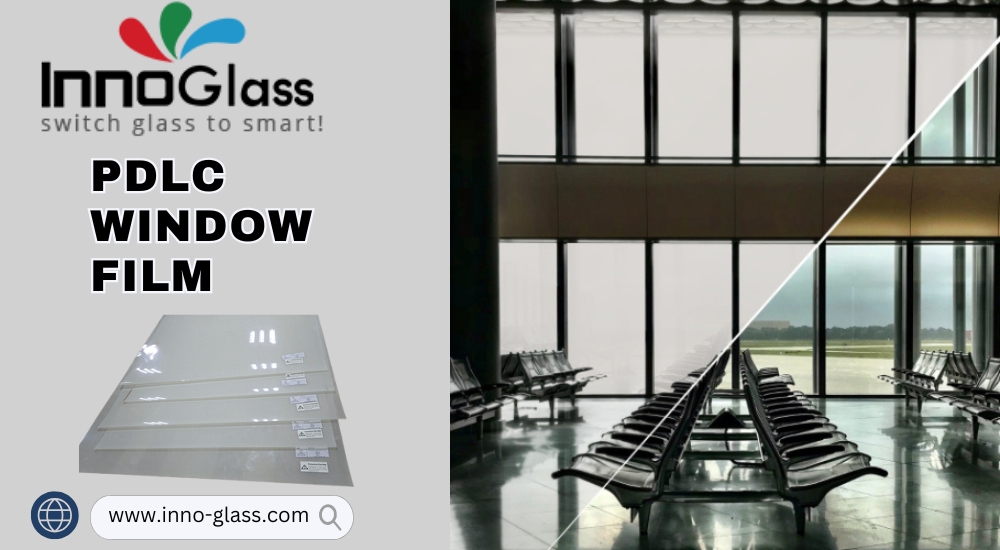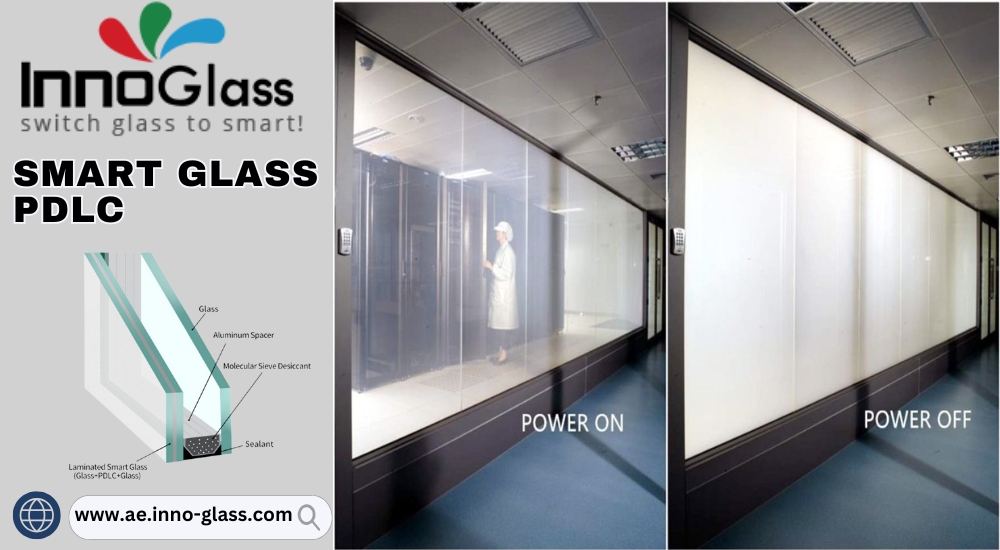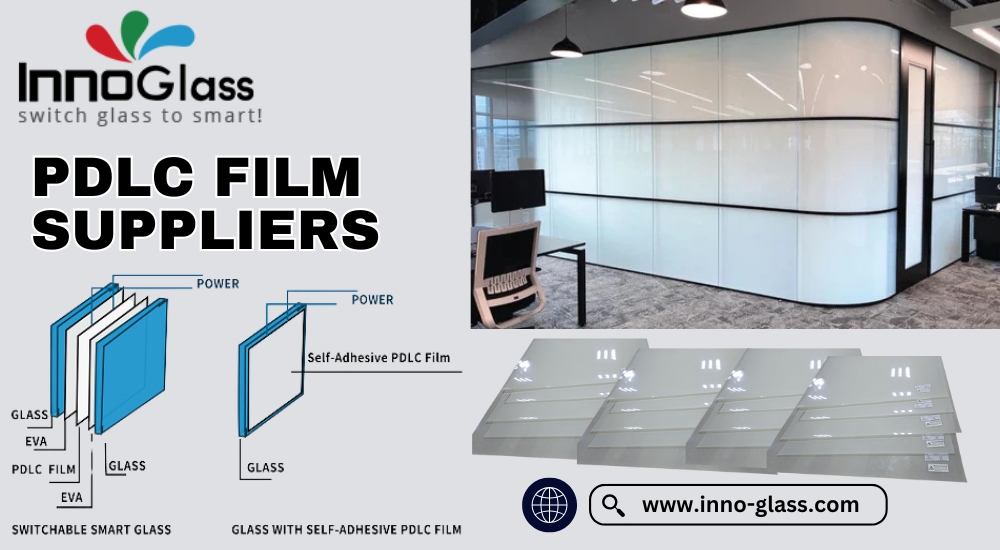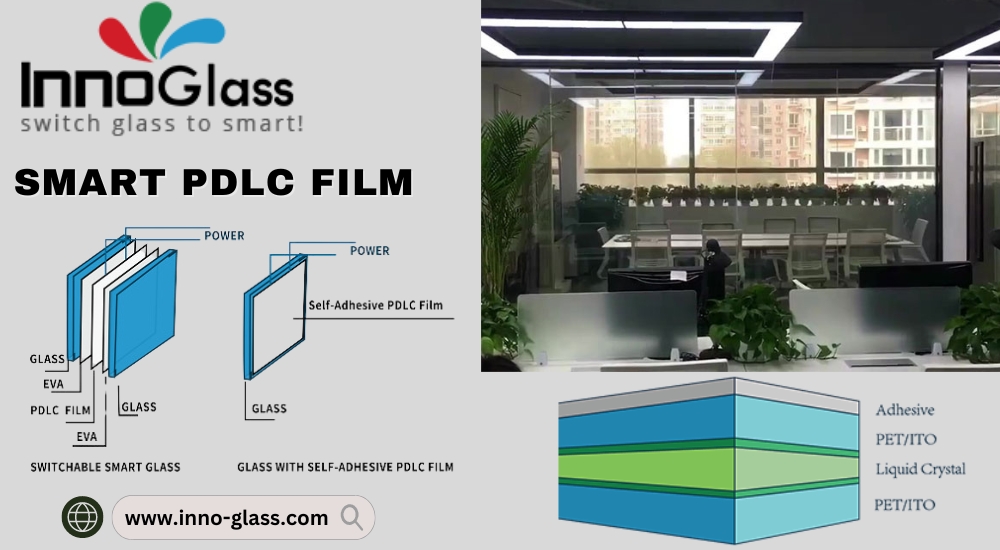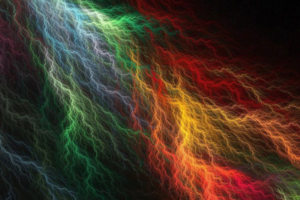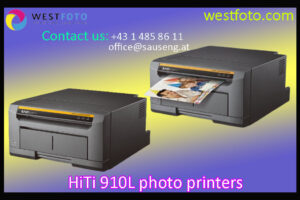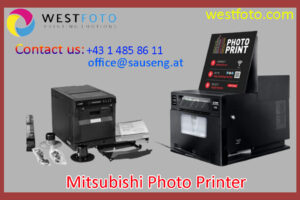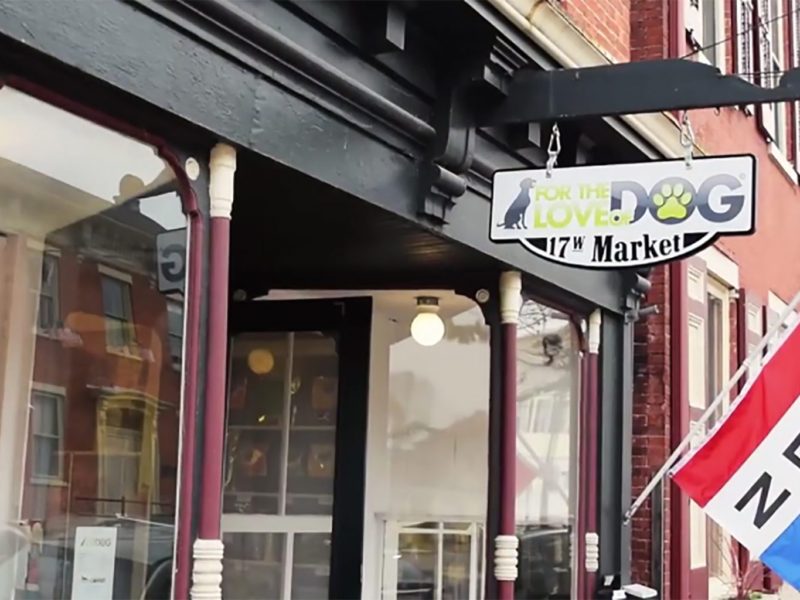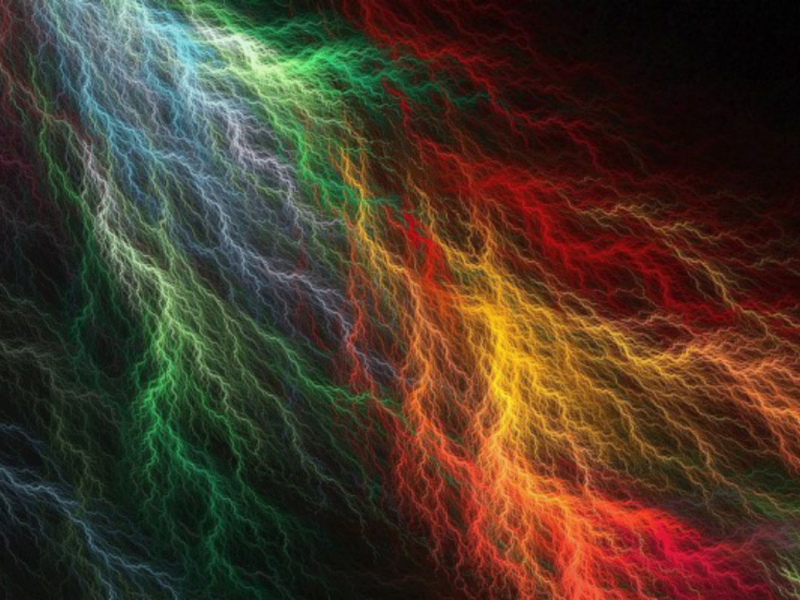In the realm of architectural glass, innovation is constantly reshaping the landscape. Smart PDLC (Polymer Dispersed Liquid Crystal) film, a cutting-edge technology, has emerged as a potential game-changer.
With its ability to switch between transparent and opaque states, this film offers dynamic control over privacy, light transmission, and energy efficiency. Let us explore whether smart PDLC Film is the future of dynamic architectural glass.
Understanding Smart PDLC Glass
PDLC Smart Film is a remarkable electrochromic material composed of a polymer matrix embedded with microscopic droplets of liquid crystals. In its natural state, the film scatters light, appearing opaque or frosted.
However, when an electric current is applied, the liquid crystals align, allowing light to pass through and rendering the film transparent. This switchable property makes smart PDLC Film an ideal solution for privacy control, light modulation, and energy management in architectural applications.
Major Advantages of Smart PDLC Film
Smart Glass PDLC offers a range of advantages that make it an attractive choice for dynamic architectural glass. Firstly, it provides on-demand privacy control, allowing occupants to instantly transform transparent glass into an opaque surface with the flip of a switch, which makes it valuable for spaces such as conference rooms, offices, healthcare facilities, and residential areas.
Secondly, Smart Glass Film offers effective light management. By adjusting the film’s transparency, it regulates the amount of natural light entering a space, reducing glare, and creating a comfortable environment. This feature enhances occupant comfort, increases productivity, and preserves the longevity of interior furnishings by minimizing UV radiation.
Moreover, Smart Glass PDLC contributes to energy efficiency. By blocking solar heat gain when in the opaque state, it reduces the need for excessive air conditioning and cooling, resulting in lower energy consumption and reduced utility costs. The film also helps to create a thermally insulated environment, providing a barrier against temperature fluctuations.
Applications & Potential Of PDLC Glass In The Near Future
- Architecture & Construction: PDLC glass offers unprecedented possibilities in architectural design. It can be integrated into windows, facades, and partitions, enabling instant privacy control and adaptable light transmission. Architects can create dynamic spaces that respond to changing needs, optimizing natural light, and enhancing energy efficiency.
- Automotive Industry: Smart Glass Film is anticipated to have significant applications in the automotive sector. It can be incorporated into car windows, sunroofs, and rearview mirrors, providing customizable privacy settings, glare reduction, vehicle aesthetics enhancement, etc.
- Healthcare & Hospitality: In healthcare facilities, PDLC Smart Film can be employed in patient rooms, operating theatres, or medical privacy screens. In the hospitality industry, PDLC glass can be utilized in hotel bathrooms, meeting rooms, or restaurants, creating a flexible environment that adapts to guest preferences and privacy requirements.
- Retail & Advertising:Smart Glass PDLC presents exciting possibilities in retail spaces and advertising displays. It can be used in storefronts, exhibition booths, or digital signage, providing captivating visual experiences and dynamic content delivery, enabling retailers to transform their physical spaces into interactive and immersive environments.
- Energy-Saving Solutions: With its ability to regulate light transmission, PDLC glass contributes to energy efficiency, by reducing solar heat gain, minimizing the reliance on artificial cooling systems, and decreasing energy consumption in buildings. PDLC Film can be integrated into smart building systems, optimizing energy management, and creating sustainable environments.
Conclusion
PDLC Smart Film presents a compelling case for being the future of dynamic architectural glass. With its ability to provide on-demand privacy, light control, and energy efficiency, this innovative material offers architects and designers the freedom to create dynamic spaces that adapt to the changing needs of occupants while enhancing the aesthetic and functional aspects of buildings.
To know more about these products visit our website inno-glass.com/.



